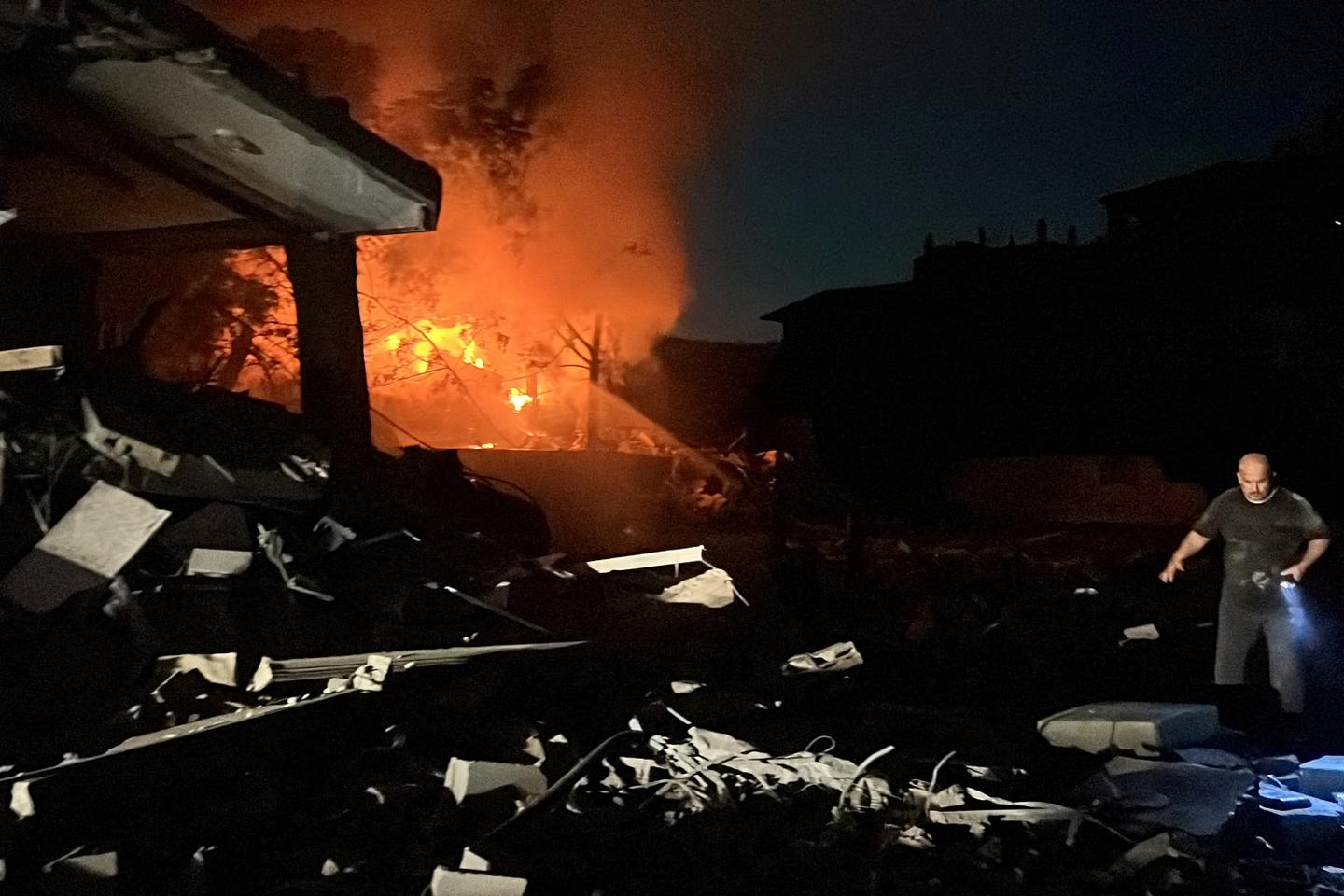


In terms of time and space, Ukraine, Nagorno-Karabakh and Gaza are three wars of proximity. They have echoed each other in the space of three short years (2020-2023), within a restricted Euro-Mediterranean perimeter, where a new competition of powers is at stake. But from one theater to the next, while this proximity is striking, the convergence of these wars is more a matter of new types of conflict than of a simple classical geopolitical representation.
These three crises fall into the category of existential wars that link their peoples to a collective trauma: the Holocaust for the Israelis, the Nakba for the Palestinians, the Holodomor for the Ukrainians, and the Medz Yeghern ("great crime") for the Armenians. The memory of genocides and other tragedies has been carried across minds and generations. But beyond this history, these wars of survival have raised the question of states' role as protectors of populations and as guardians of their own future.
Ukrainians, Armenians and Israelis are wondering about the failures of national security and are gripped by vertigo. The more the state is shaken, the more the tragedies of the past come to the surface, the more war becomes existential and the more it shakes the foundations of the nation. The picture is equally bleak when it comes to the Palestinians, most of whom are hostages to the terrorists of Hamas and have no credible institutional cover. For Russia and Azerbaijan, the question is not one of survival as a state, but of (re)asserting their power in the midst of a deregulated world.
International criminal agenda filling up
These three neighboring wars have revealed the sluggishness of the international system, where multilateral cooperation is at an all-time low, and international law and its humanitarian aspects are being violated: Russian aggression against Ukraine, ethnic cleansing in Nagorno-Karabakh, terrorist attacks against Israeli populations and the bombardment of Palestinian civilians. War crimes and crimes against humanity are adding up: The international criminal justice agenda is filling up, while the world order is becoming increasingly uncertain.
This questioning of the post-1945 peace architecture, with the West doubting itself and the rest of the world hoping for its chance, places a neo-imperial triangle – Turkey, Russia, Iran – at the front row of these three conflicts. Their mission is to extend their influence to the point of reviving territorial warfare. But these three related conflicts have gone far beyond territory. Territory has only served as a foil − Ankara, Moscow and Tehran are partly driving identity wars.
You have 50% of this article left to read. The rest is for subscribers only.
